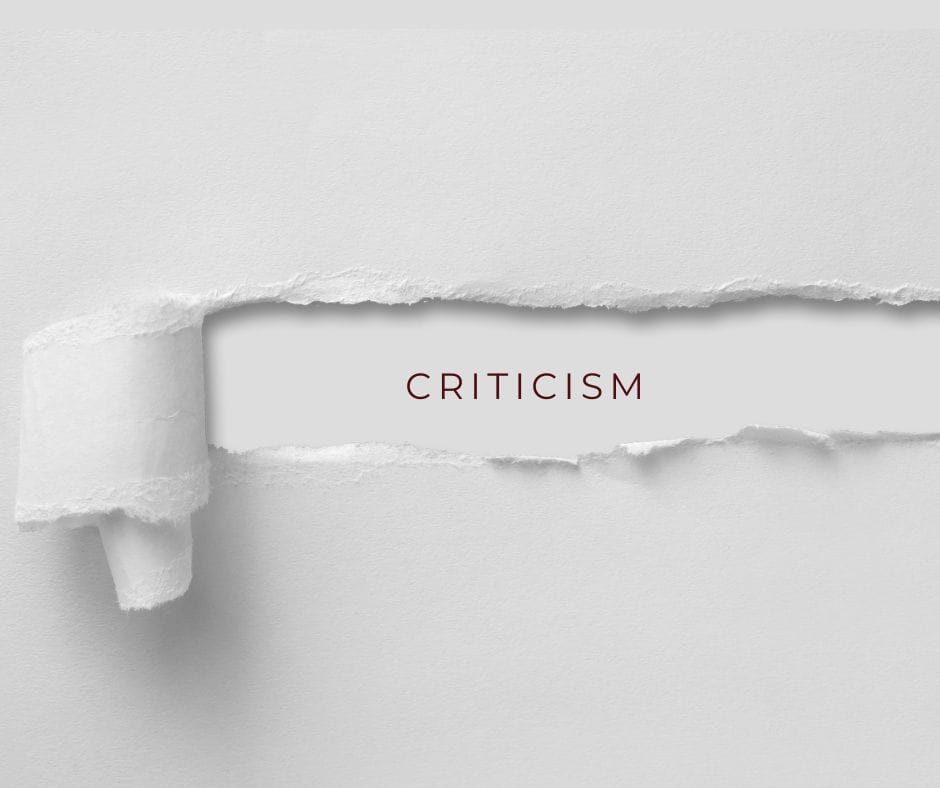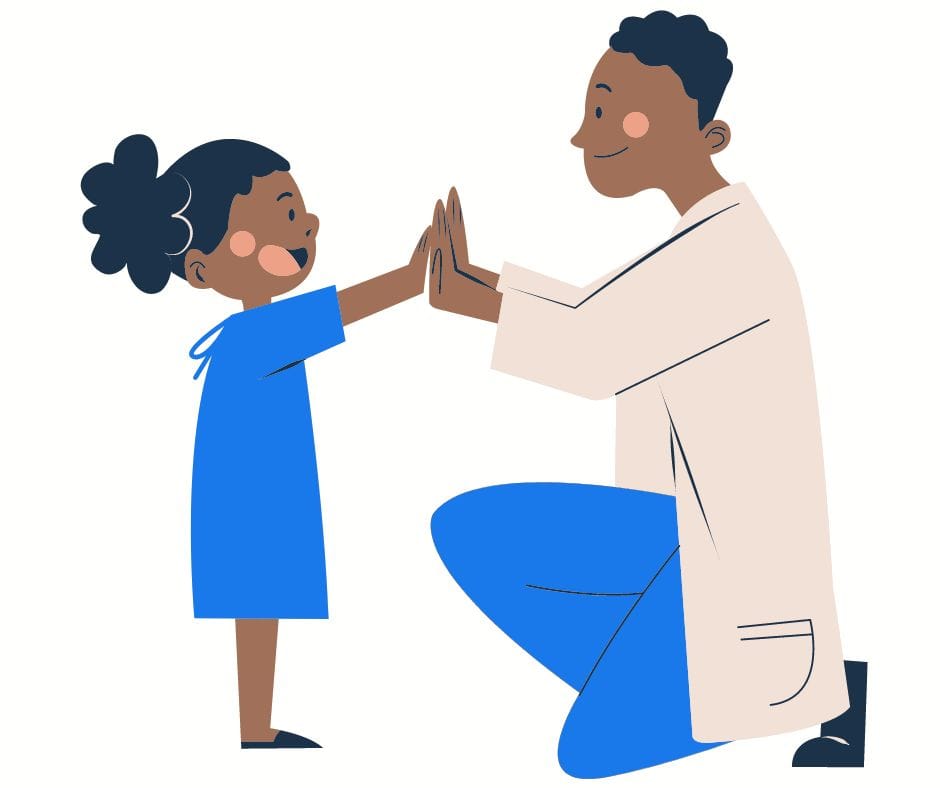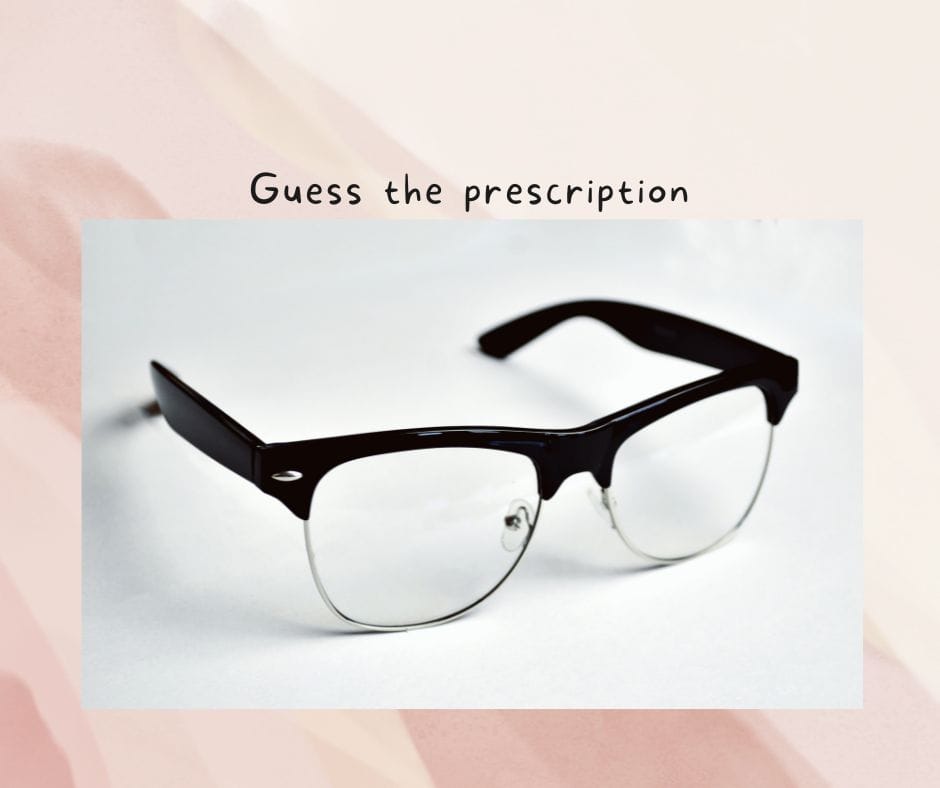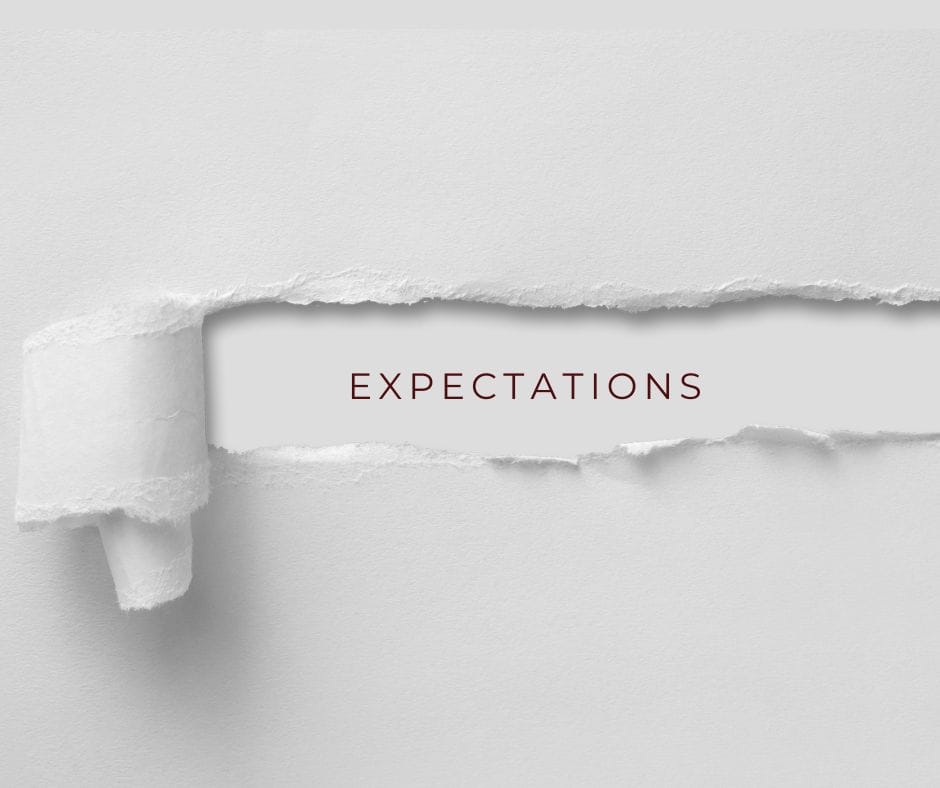It’s that time of year when we transition from summer sessions to fall. That also means it’s quite possibly time for evaluations.
First off, let me remind you that as part of your education, you are obligated to receive feedback on what is going well with your exams and your performance, and sometimes more importantly, what areas require improvement.
I cannot stress enough how important it is to not take this feedback personally! Having been on both the receiving and giving end, it is never a pleasant experience when one has to discuss less than stellar skills.
I’ll give a personal example – when I was a fourth year student, in my last rotation before graduation, I ended up working with an attending who left me feeling stupid each day I worked with him. I felt like he was pushing me harder and treating me differently than my peers, who were getting along with him just fine. He had critiques for every part of my exam, from refraction, to slit lamp, to BIO. I felt terrible.
At the same time, one of my other attendings at the same time happened to be a preceptor of mine during my summer of third year clinic. One day working together close to graduation, he made a comment to me that hit hard – he had seen me in third year, confident, engaged, happy to be in clinic and learning. Now this close to graduation, I seemed the exact opposite – the confidence was gone, I seemed to be questioning everything… “What happened?”
It wasn’t until years later when I was watching this video of a professor giving his last lecture that I understood the feedback wasn’t about me. The lecture has since served as a source of inspiration for me, and despite his having since died of pancreatic cancer, many of his tips still resonate with me. The one relevant here goes like this:
“When you’re screwing up and nobody says anything to you anymore, that means they’ve given up on you. You may not want to hear it but your critics are often the ones telling you they still love you and care about you and want to make you better.”
This is a classic way of how you get to decide how to look at the feedback you receive. Do you take it to heart and let it eat you up because you have failed, or do you take it as an opportunity to grow? Because your instructors are giving you feedback, they have noticed your effort and want to contribute to your growth. For those instructors who don’t offer any solid feedback and let you go on silently, well then, I might be more worried because that is a sign that they didn’t get to know you well enough to monitor your progression.
So take the feedback as what it is – a gauge on how you are doing as a student and clinician and how you can improve from there.
And if you have free time, I highly recommend watching Randy Pausch’s The Last Lecture or reading his book of the same name. I found both fun and easy to watch and read.









